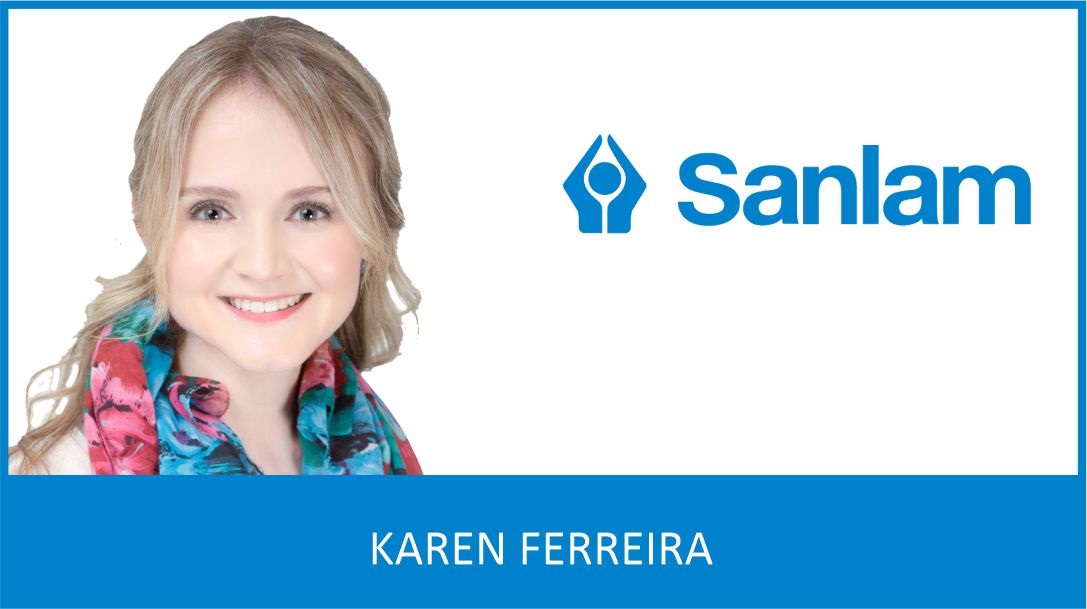Karen Ferreira, Product Actuary at Sanlam Risk and Savings
Driven by the instinct to provide and protect, the South African ‘mama bear’ is a force to be reckoned with. But in the rush to care for their families many women overlook one critical truth: if something happens to them, the very people they’re working so hard to protect could be left vulnerable. Sanlam is urging women to pause and ask: Am I – and those I love – protected if life takes an unexpected turn?
According to the most recently conducted ASISA Life and Disability Insurance Gap Study (data to end December 2021), South African income earners on average had cover equating to only 45% of what they need – leaving an estimated shortfall of some R34.3 trillion nationally. Women make up roughly 42% of these income-earners.
“‘Mama bear syndrome’ is an informal term describing the fierce protectiveness inherent in so many mothers, which often leads them to put others before themselves,” says Karen Ferreira, Product Actuary at Sanlam Risk and Savings.
“But without the proper planning, if a mother were to pass away, the very people she was working so hard to protect could be left vulnerable – emotionally and financially. We need to channel some of that protective energy towards practical financial planning and risk protection, because when you take care of yourself, you’re also protecting your family.”
Dr Helen Weber, Senior Medical Adviser at Sanlam, explains, “Many of us were raised to be caregivers and nurturers. As a result, women generally tend to prioritise the needs and well-being of others over their own. It’s a pattern reinforced over generations.”
This is magnified in households where the woman is the primary or sole earner. The pressure to meet day-to-day needs, food, school fees, and transport, becomes all-consuming. “When you’re focused on immediate survival, long-term planning like life insurance can feel like an impossible luxury,” Dr Weber adds. “There’s also often a sense of guilt associated with spending money on oneself when it could go towards the children.”
“We’re taught to stretch ourselves thin, to make do, to put everyone else first. But we need to break those generational patterns. Our daughters need to see us taking care of ourselves -financially, emotionally, and physically.”
The pressure to meet daily needs – food, school fees, transport – can be overwhelming, especially for single mothers. “Solo parenting can feel like a juggling act with no safety net,” Ferreira adds. “But you don’t have to do it alone. Connecting with a financial adviser can be incredibly empowering. It’s not about perfection, it’s about progress.”
Ferreira encourages mothers to start where they are. “Some cover is always better than no cover. Even a small policy can provide a vital lifeline. You can build your safety net over time – reassess it annually, or when your income changes. The goal is continuity.”
She highlights five key areas of cover that can help mothers build that foundation:
- Income Protection: This is a powerful tool for working mothers, especially single or primary earners. It can replace your income if illness or injury prevents you from working; keeping school fees, groceries, and bills paid when life takes an unexpected turn.
- Life Cover: For moms, life cover isn’t about imagining the worst; it’s about planning for continuity. It gives your children the chance to keep their home, their school and their dreams intact, even if you’re no longer there to provide.
- Severe Illness and Disability Cover: A serious diagnosis or accident can stop everything in its tracks. These benefits pay out a lump sum to help you recover, adapt or afford specialised care, without derailing your family’s stability.
- Funeral and Estate Planning: It’s the conversation no-one wants to have, but it will spare your family its greatest burden. Having a will, estate plan and funeral policy ensures your loved ones can focus on healing – and not paperwork or costs.
Ferreira believes that financial self-care is a form of empowerment. “When you take care of yourself, you’re not taking away from your family, you’re reinforcing its foundation. Let your children see you manage a budget, prioritise cover, go to the doctor when you need to and spoil yourself without guilt. That’s where a healthy relationship with money – and self – begins.”
Dr Weber adds, “The ‘mama bear’ instinct is a beautiful and powerful thing. By channelling that protective energy into securing their own wellbeing, women can ensure their legacy is one of resilience and stability. A protected woman creates a protected household, ensuring that the people she loves will thrive, no matter what the future holds.”
ENDS

























































































